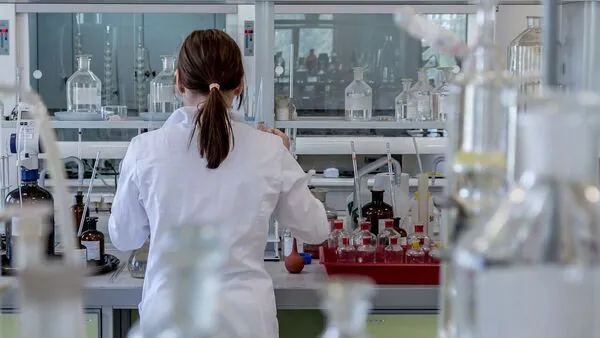
India Plans Strict Rules For Gene, Stem Cell Therapies
New Delhi: India plans to bring the new generation of medical treatments involving gene and stem cell therapies under strict governmental control as the market for such treatments grows.
The proposed changes are aimed at amending the law to cover therapies such as products derived from stem cells, gene therapy, and xenografts (animal-to-human transplants), according to documents reviewed by Mint.
Also Read | Huntington's disease sees first treatment success in UK gene therapy stThis will bring manufacturing and licensing of these complex therapies under regulatory processes, ensuring the safety and quality of these cutting-edge biological products, two officials aware of the matter said as the draft is not public yet.
The proposed amendments are part of a draft notification issued by the ministry of health on 16 October. They propose to modify the Drugs Rules, 1945, to explicitly include cell or stem cell-derived products, gene therapeutic products or xenografts, alongside "recombinant DNA (r-DNA) derived drugs" in various sections. The ministry is expected to release the rules shortly.
The move aims to regulate advanced therapie as India's cell and gene therapy market is growing. These therapies are important for treating conditions like genetic disorders, various cancers, and degenerative disorders.
The Indian cell and gene therapy market is expected to grow from $710.91 million in 2024 to $2.51 billion by 2033 at a compound annual growth rate of 15.10%, according to data from International Market Analysis Research and Consulting Group (IMARC group) . The stem cell therapy segment alone is projected to grow from $816 million in 2024 to $3.63 billion by 2035.
Also Read | GST Council exempts gene therapy, banks' penal charges from“Gene therapy offers the potential to correct faulty genes, and stem cell treatments are being explored for applications in cancer, diabetes, and nerve damage," an official aware of the matter said, speaking on the condition of anonymity.
The official said that the new regulations aim to establish a framework that ensures the safety and quality of these complex, high-potential products, fostering both innovation and public trust in these transformative medical advancements.
Queries sent to the health ministry spokesperson remained unanswered.
The total number of patients suffering from identified rare diseases in the country is 7,414, according to data on the National Registry for Rare Disease and Other Inherited Disorders (NRROID) portal maintained by the Indian Council of Medical Research (ICMR).
Under the National Policy for Rare Diseases (NPRD), 2021, the government provides financial assistance of up to ₹50 lakh for treatment. Some of the rare-disease medicines in India are tax-free.
Also Read | New Gene Therapy Could Face Uphill BatWhile stem cell and gene therapy treatments offer significant potential for diagnosis and treatment, their use must be careful and strictly controlled, said Dr. Parveen Jain, senior consultant & head of department of oncology, Aakash Healthcare. The government's proposal prioritizes patient safety by ensuring only safe and tested therapies reach the public, countering big claims made by unverified clinics, he said.
“This regulation will also instil confidence among doctors to use these new options, knowing they meet proper standards," he said.“Furthermore, the rules are expected to protect patients from unsafe claims and accelerate innovation in the pharmaceutical and research sectors in India by establishing a clear, trustworthy process for approval."
Legal Disclaimer:
MENAFN provides the
information “as is” without warranty of any kind. We do not accept
any responsibility or liability for the accuracy, content, images,
videos, licenses, completeness, legality, or reliability of the information
contained in this article. If you have any complaints or copyright
issues related to this article, kindly contact the provider above.

















Comments
No comment